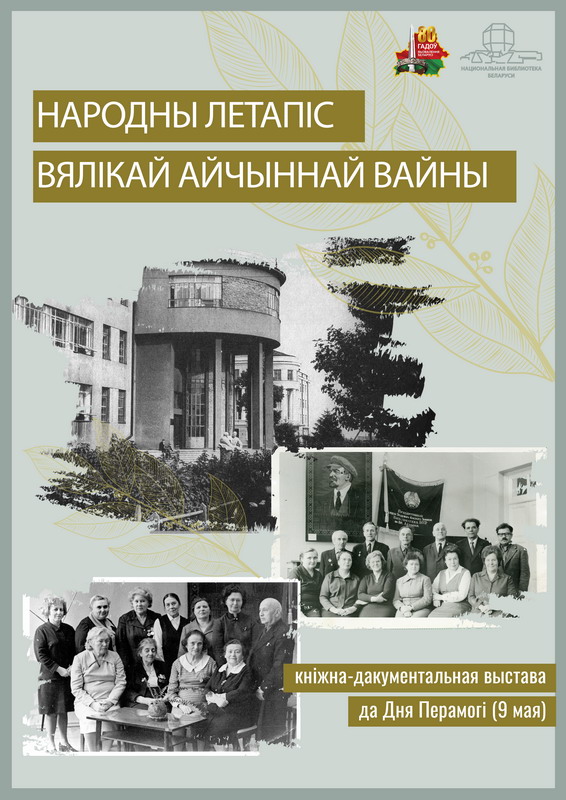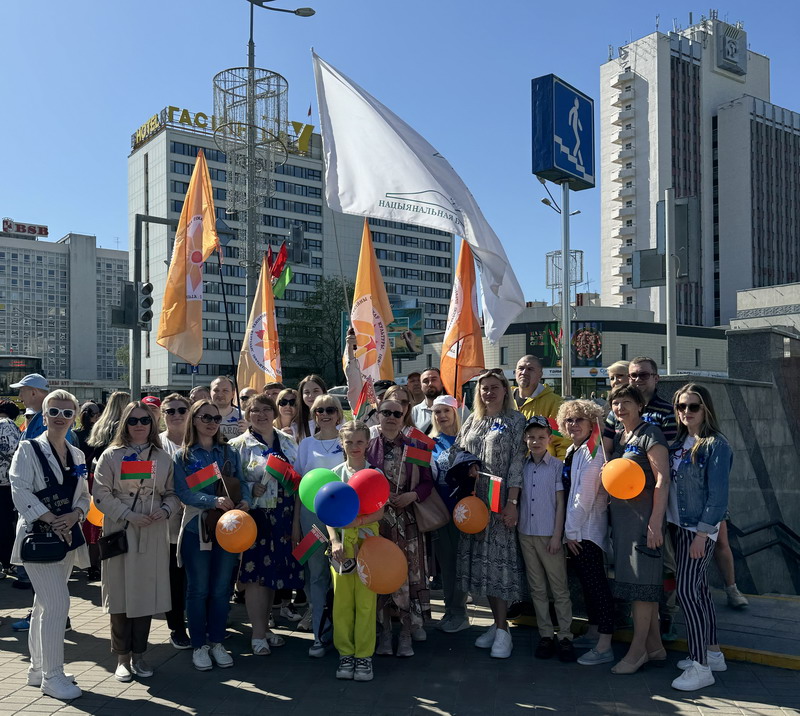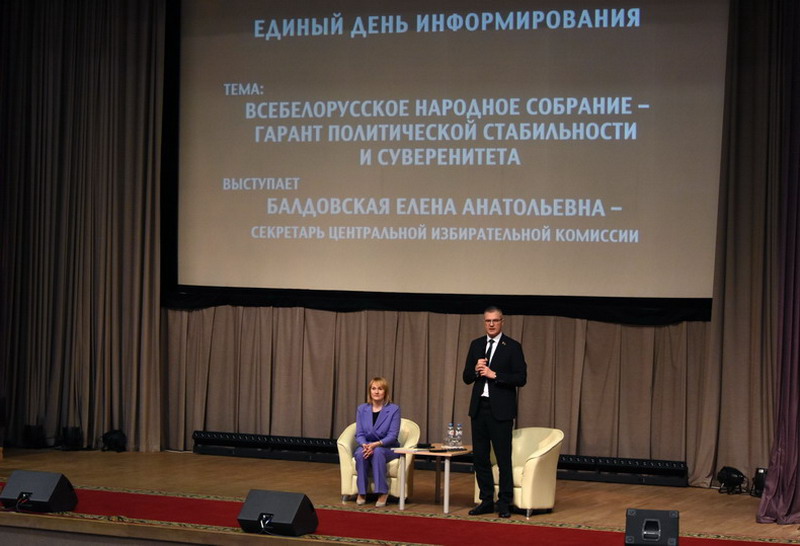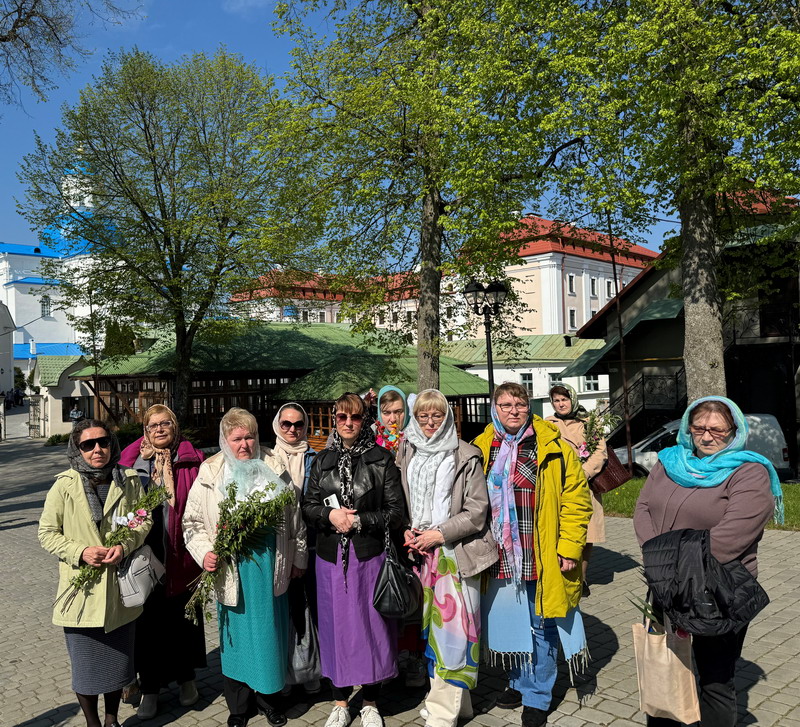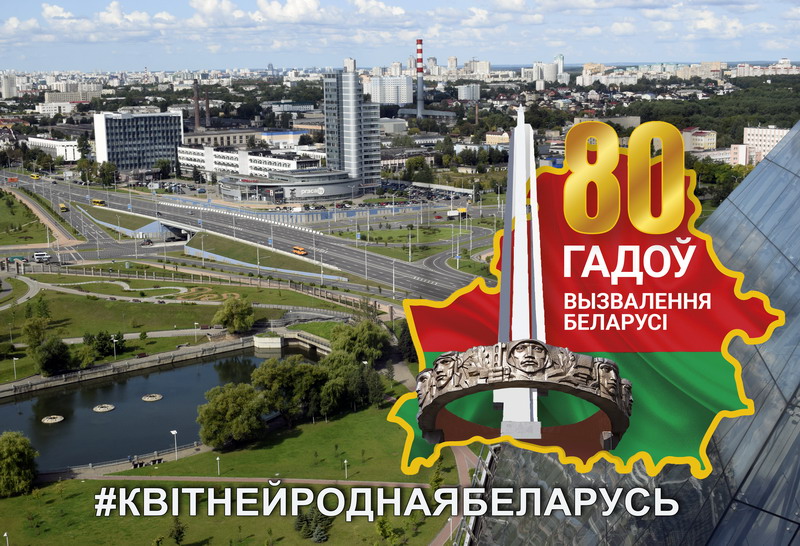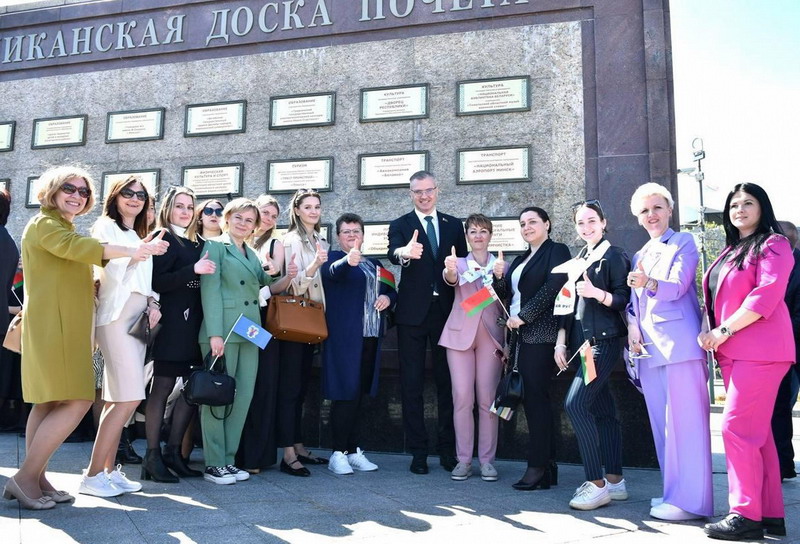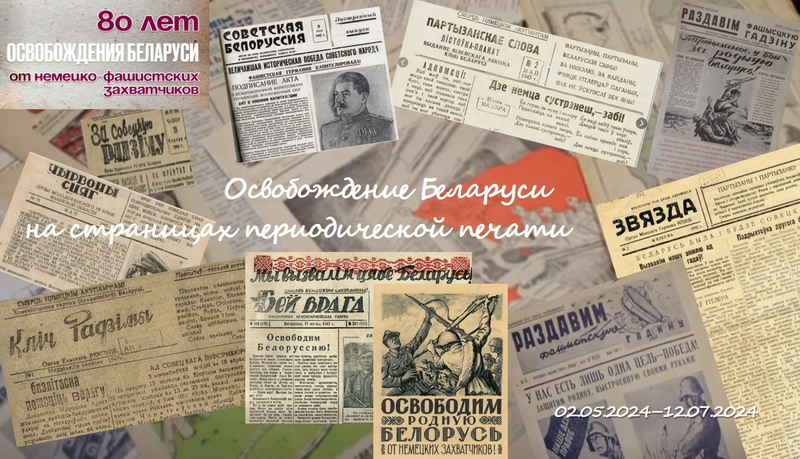 On October 21 is the 140th anniversary of Vladimir Picheta (1878–1947), the Slavic historian, one of the organizers of Inbelkult, academician of the National Academy of Sciences of Belarus and the USSR Academy of Sciences, Honored Scientist of Uzbekistan.
On October 21 is the 140th anniversary of Vladimir Picheta (1878–1947), the Slavic historian, one of the organizers of Inbelkult, academician of the National Academy of Sciences of Belarus and the USSR Academy of Sciences, Honored Scientist of Uzbekistan.
The name of an outstanding scholar and historian, academician of the Academy of Sciences of the USSR and the Academy of Sciences of the BSSR, Doctor of Historical Sciences, Honored Professor of the BSSR Vladimir Picheta, is famous not only in our country, but also far beyond its borders. He is rightly considered the greatest specialist on the history of Russia, Ukraine, Lithuania, Poland, the Czech Republic, Serbia, Bulgaria. V. Picheta is one of the founders of the Belarusian historical science, one of the organizers of the Institute of Belarusian Culture and the National Academy of Sciences of Belarus (formerly the Academy of Sciences of the BSSR), the first rector of Belarusian State University.
Vladimir Picheta was born in Poltava (Russia). His father, originally from Herzegovina, was the rector of Vitebsk and the Poltava theological seminaries. V. Picheta brilliantly graduated from Moscow University, where, under the guidance of V.V. Klyuchevskiy began scientific research, with a clear tendency to discover the history of the Grand Duchy of Lithuania (GDL). V. Picheta was awarded scientific degrees of master and doctor in 1918 for the monograph "Agrarian Reform of Sigismund-Augustus in the Lithuanian-Russian State". In the same year, he became a professor at Moscow State University, was elected Chairman of the Board of the Belarusian Scientific and Cultural Society established in Moscow, and read a course of lectures on the history of Belarus at the Belarusian People’s University in Moscow.
At the end of 1920s, V. Picheta moved to Minsk. Befor that in Moscow he took an active part in the preparatory work for the creation of a university in Minsk, and on July 8, 1921, he was appointed the first rector of the Belarusian State University. It is difficult to overestimate all that V. Picheta did over the 8 years of his tenure. Being the rector, he selected a highly qualified staff of teachers exclusively at all faculties of the BSU. For professors, associate professors and lecturers positions in this higher educational institution, he invited major scientists of the country, prominent party, state and military leaders. A. Smolich and D. Dovgyallo, M. Dovnar-Zapolsky and V. Ignatovsky, K. Mitskevich and N. Schekotihin taught here. The outstanding historian V. Picheta was a brilliant teacher, an excellent lecturer, a demanding and caring mentor. Thanks to his organizational talent, BSU has become a major center for training specialists, many of whom have become the pride of Belarusian science. From the first days of his rector's office, the scientist established business and scientific contacts with foreign universities and scientific societies, gave lectures on the history of Belarus in various European countries. V. Picheta paid much attention to improving the material and technical base of BSU. In 1927, he raised the issue of building a campus, and in 1930 four training buildings were already built. The activity of V. Picheta as the rector was highly appreciated by the Government of the Republic of Belarus. In 1926, in honor of the 25th anniversary of the scientific and creative activity of the scientist and the 5th anniversary of his reign, V. Picheta was awarded the title of Honored Professor of the BSSR, but in 1929 he was not elected as a rector for a new term.
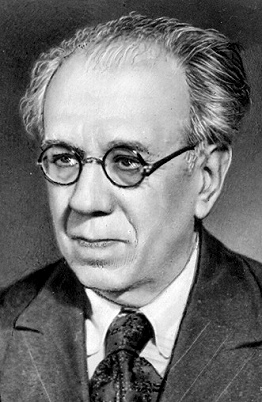 Implementing the rector’s duties, the scientist actively participated in the organization and activities of Inbelkult: he developed its charter, was the chairman of the historical and archaeological section, then the head of the department of law and economics. V. Picheta became one of the initiators of the creation of the Academy of Sciences of the BSSR, and since 1928 - the Belarusian academician. The organization of archiving in Belarus is also associated with the name of V. Pichety. Together with other scientists and archivists of the republic, he collected and preserved numerous documentary materials of the pre-revolutionary institutions of the Vitebsk, Minsk and Mogilev provinces and the Western Front, as well as archival funds of party organs and Soviet institutions. In the 1930s, the scientist underwent arrest and exile, but thanks to European fame in 1935, he received permission to return to Moscow, with which he linked his fate. On the eve of the war, in 1940 the academician degree of the Academy of Sciences of the BSSR was restored. During the war, being evacuated in Tashkent, he studied the history of Uzbekistan, for which in 1943 he received the honorary title of Honored Scientist of the Uzbek SSR. In 1945 he was awarded the Order of the Red Banner of Labor. After the war, the scientist worked fruitfully at the USSR Academy of Sciences. He was elected an academician and in 1947 became the deputy director of the Institute of Slavic Studies of the USSR Academy of Sciences.
Implementing the rector’s duties, the scientist actively participated in the organization and activities of Inbelkult: he developed its charter, was the chairman of the historical and archaeological section, then the head of the department of law and economics. V. Picheta became one of the initiators of the creation of the Academy of Sciences of the BSSR, and since 1928 - the Belarusian academician. The organization of archiving in Belarus is also associated with the name of V. Pichety. Together with other scientists and archivists of the republic, he collected and preserved numerous documentary materials of the pre-revolutionary institutions of the Vitebsk, Minsk and Mogilev provinces and the Western Front, as well as archival funds of party organs and Soviet institutions. In the 1930s, the scientist underwent arrest and exile, but thanks to European fame in 1935, he received permission to return to Moscow, with which he linked his fate. On the eve of the war, in 1940 the academician degree of the Academy of Sciences of the BSSR was restored. During the war, being evacuated in Tashkent, he studied the history of Uzbekistan, for which in 1943 he received the honorary title of Honored Scientist of the Uzbek SSR. In 1945 he was awarded the Order of the Red Banner of Labor. After the war, the scientist worked fruitfully at the USSR Academy of Sciences. He was elected an academician and in 1947 became the deputy director of the Institute of Slavic Studies of the USSR Academy of Sciences.
A talented researcher, the greatest historian V. Picheta left more than 500 scientific works, including 23 monographs. At the beginning of his scientific activities, as well as in the 1930s, 1940s. V. Picheta paid much attention to the history of Russia. The range of questions he studied was extremely broad: the emergence of the Russian state, the past of Moscow, the Time of Troubles, the Patriotic War of 1812. A great contribution was made by the scholar in the development of Slavic studies. He devoted all his life, especially its last period, to this subject. But the central place in the scientific activity of the scientist was given to the history of Belarus.
A new stage in the study of the ruling class of the Grand Duchy of Lithuania is associated with the name of V. Picheta. His individual works are devoted to the history of the Polotsk land at the beginning of the 16th century, Minsk, Mogilev and Vitebsk. One of the first scholars of historians, he began to develop the theme of the working-class and peasant movement in Belarus in the second half of the 19th – early 20th centuries. Significant place among the Picheta’s works is occupied with his study of the history of culture of Belarus. He devoted his articles to the Belarusian and East Slavic pioneer printer F. Skaryna.
You can find more information in the factual database "Belarus in Persons and Events".


